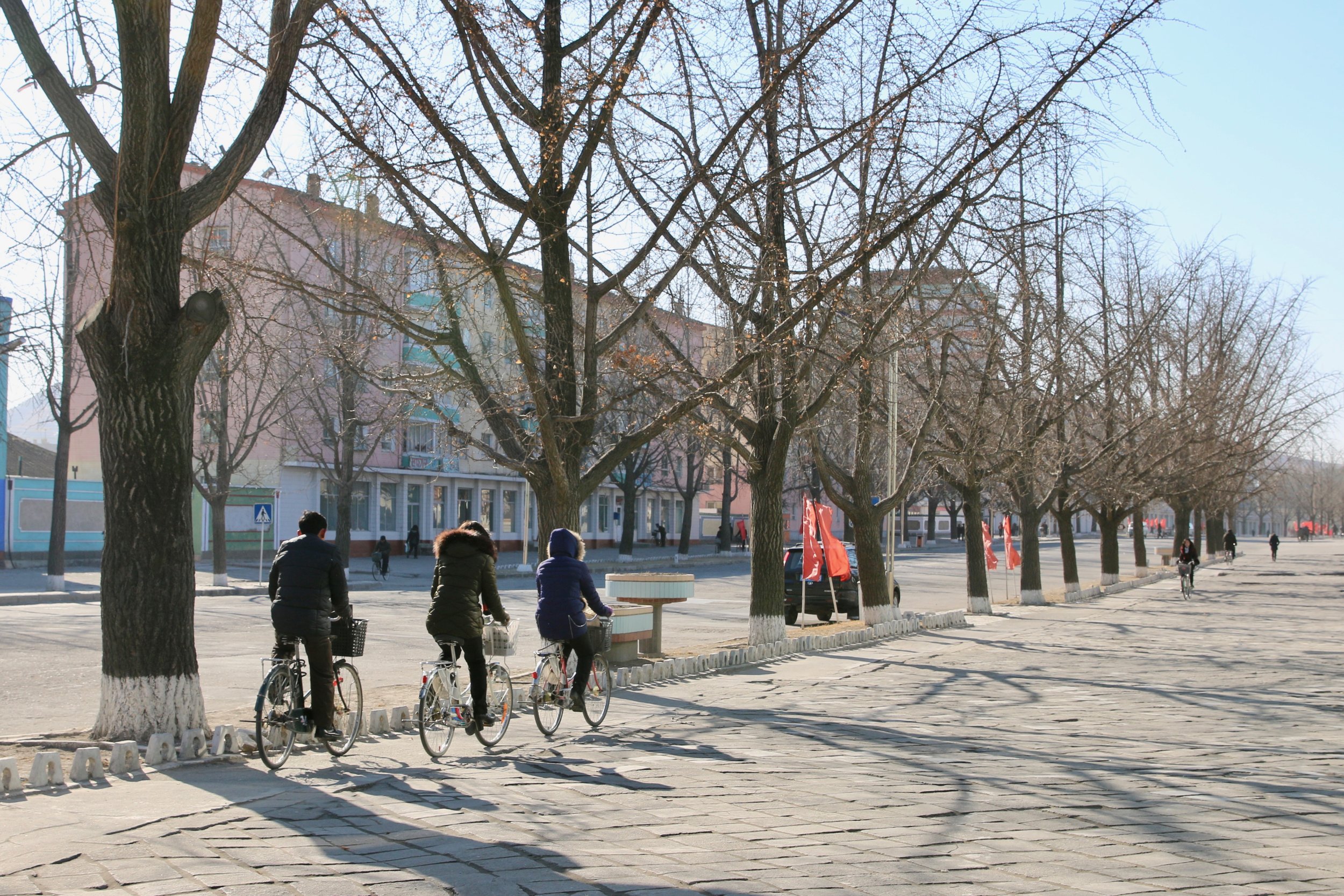Experiences from my brilliant, inspiring mother, Adeena Karasick:
Drank Mushroom tea at the Rainbow Gathering and tripped on Acid all week with naked revelers
Slept in a pool of cat-piss in a sweat-drenched Buffalo Anarchist house with no running water or bathroom in an abandoned 8 floor walk-up in Alphabet City. I am still here.
Read Rimbaud and Baudelaire and Voltaire while travelling to Marrakesh and Marseille, and wrote all day in Paris cafes to not only read about being a flâneuse but to live it.
Threw a dart on a map and travelled to Thailand in the 80’s when there were no roads. I swam naked and ate oatmeal cooked in a pot on the beach that I bought for 20 cents, and then lived in a temple in the jungles and practiced Vipassana meditation where I couldn’t speak for 10 days or make eye contact with any living thing, and was only fed once a day - all so I could get a free place to stay.
Almost got gang raped by three stoned Arabs in an Oujda basement
Got a legit ticket for hitchhiking on the autoroute
Escaped from a Moroccan prison
The love of my life picked weeds from the side of an Italian boxcar and rolled up a pizza and called it a cake for my 19th birthday; it was the most romantic gesture ever.
Even though I was raised Conservative, in the early 80’s I talked my way into getting permission to study at the only Hassidic Women’s Yeshiva so I could study 13th century Jewish mysticism, historically forbidden to women, in the mountains of Tsfat, the holiest site in Israel. Once there, I convinced all the girls to sneak out at night, get drunk, smoke weed, go to movie theaters on Shabbos -- and then smuggled my boyfriend into the attic, atop 14 stacked metal bedframes. In the middle of the night, on one of the holiest holidays, we shook the beds and the building to such a degree that all the beds came crashing down and all the holy men and their prayer books came running through the halls at 3:00 am in the women’s yeshiva; we pushed ourselves out of a tiny broken window and in the middle of the night, ran half naked through the snows of Jerusalem chased by Hasids.
Slept on the floor of Allen Ginsberg’s 7th street alphabet city walk-up, and in the middle of the night we noticed his address book on the floor of his study where we were sleeping, proceeding to copy it all night on his cum-stained floor and then sent our first poetry magazine Anerca/Com.post: A Journal of Postmodern Poetry and Poetics to 1600 artists, musicians, renegades and madmen.
Planted spruce and pine trees (1000 a day) for 10 cents a tree –repopulating the British Columbian forests. Once a week we’d travel 100 miles into town, do laundry, get drunk, steal food and watch the first nations small-town strippers who wore kneepads in order to not scar their knees with their kneespins. And all the drunk and rowdy treeplanters would demand: “SHOW US YOUR KNEES!!!”
Harvested tomatoes and baby’s breath in glass houses in a moshav in the negev desert
Slept on hammocks living for 6 weeks on contraband boats from Iquitos from Belem and drank tea made from bark
Ate a live bird from a barbecue in Morocco when I was so starving because we had everything stolen from us on a train in Morocco
“Borrowed” a Moroccan man’s suitcase from an oujdan train and my boyfriend Kedrick wore his djellaba ever after
And his yellow banana shoes which I may still have 30 years later
Drove a drive-away car to the Pentagon, half naked, dirty, and high on shrooms
Learned to feel my breath. That my body as a pulsing mass of strong sensations – from my time living at Wat Swom Mok, a Temple in the jungles of Thailand
At 18 years old, and pre internet or cellphone was shown more love than I ever knew possible by receiving monthly cassettes of poetry and dedication from a tobacco farm outside Zimbabwe in the mail
I literally walked into a bookstore asking for a book on GO-ETTY and a woman named Maria Rilke; but realized was just a precursor to all my work in Literacy obliteracy and sound poetry
Thought I secretly wanted to join the circus, when I was 22 I was a gypsy sound poet at The World’s Greatest show in Peterborough Ontario, alongside trapezists and sword swallowers
Postered every inch of my teenage bedroom, all the walls and ceiling so I was constantly surrounded by my musical and artistic and literary idols
While hitchhiking in central France, in exceptionally poor French, told our driver, that France was a nurse for sick travellers which got us taken care of for days in a sprawling French farmland
Slept in boxcars, beaches, park benches, contraband boats, the back of muebles trucks, train stations, bus stations, reminding me how we’re always in transition
Teaching at the Gutenberg universitat Mainz as a young, short jew-haired grad student at the height of neo-Nazism uprisings in the early 90’s. Everywhere was posted: “gieben Nazis a kleine chance,” had to constantly hide my identity, both in the classroom and on the streets. And on hot summer days had to remind myself the krematoria not a place for ice cream
And one extra...
First time I heard poetry read aloud was when bill bissett came chanting with his rattle into my first year university class led by Warren Tallman who for the whole class, drank vodka straight from his briefcase with a straw. He introduced bill as a shaman and then proceed to read this: “the first time i fistfucked someone, i lost my bracelet somewhere inside. i looked and looked… but nowhere could i find it. Every day i went back looking for it. inside…” My life has not been the same since.









































